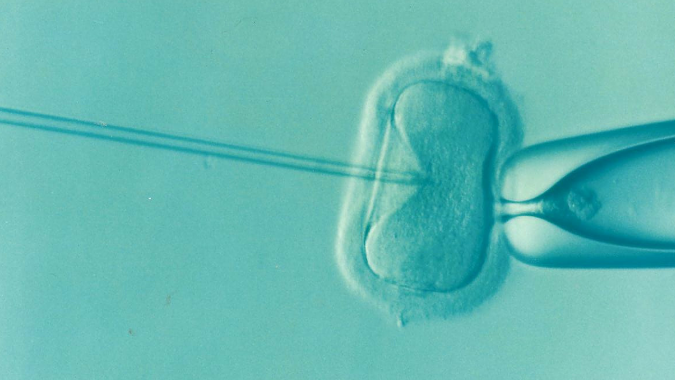Intracytoplasmic sperm injection or ICSI is a specialized type of IVF. This procedure is predominantly performed in those couples who are suffering from male infertility issues.ICSI is a highly targeted approach when compared to other treatments. \n\n
That being said, ICSI can be performed along with in vitro fertilization. IVF and ICSI are similar as well. Although, ICSI targets the fusion of only one sperm with one egg. \n\n
ICSI is recommended in cases wherein, the male infertility issue is affecting the chance of pregnancy and that includes, \n\n
1.Poor sperm quality \n\n
2.Low sperm count \n\n
3.Issues with motility of the sperm \n\n
4.The inability of the sperm to penetrate an egg \n\n
5.Abnormalities in the structure of the sperm. \n\n
6.Blockage and Issues in the male reproductive system \n\n
Traditional IVF will not work in the above-mentioned cases as these issues will prevent the sperm from properly fertilizing the egg and ends up affecting the treatment. \n\n
In IVF multiple sperm cells are fused with the egg and penetration of the sperm into the egg is allowed to happen naturally. When these sperm cells come in contact with a mature egg, the sperm penetrates into the egg and fertilization occurs. \n\n
However, if the man’s sperm is incapable of natural penetration and fertilization in vitro fertilization will not work and intra cytoplasmic sperm injection is considered in such cases. \n\n
During Intracytoplasmic sperm injection, a single sperm cell is collected in the micropipette. This micropipette pierces the outer shell of the egg and injects the single sperm into the egg’s center and this facilitates fertilization. The fertilization percentage can range between 50-80% in this procedure. \n\n
Like traditional IVF, fertilization is allowed to occur in the laboratory. The embryo formed is then implanted into the uterus of the female individual and a positive pregnancy result is anticipated. \n\n
This ICSI also has its share of drawbacks, there is a high chance of birth defects in children born through this treatment when compared to natural conception. There is also a high chance for the baby to develop the same fertility issues in the future. Although the risk of birth defects in ICSI is similar to IVF. The success rate of the procedure is dependent on various factors. However, the success rate of couples using ICSI is the same as the success rate of couples using IVF.

